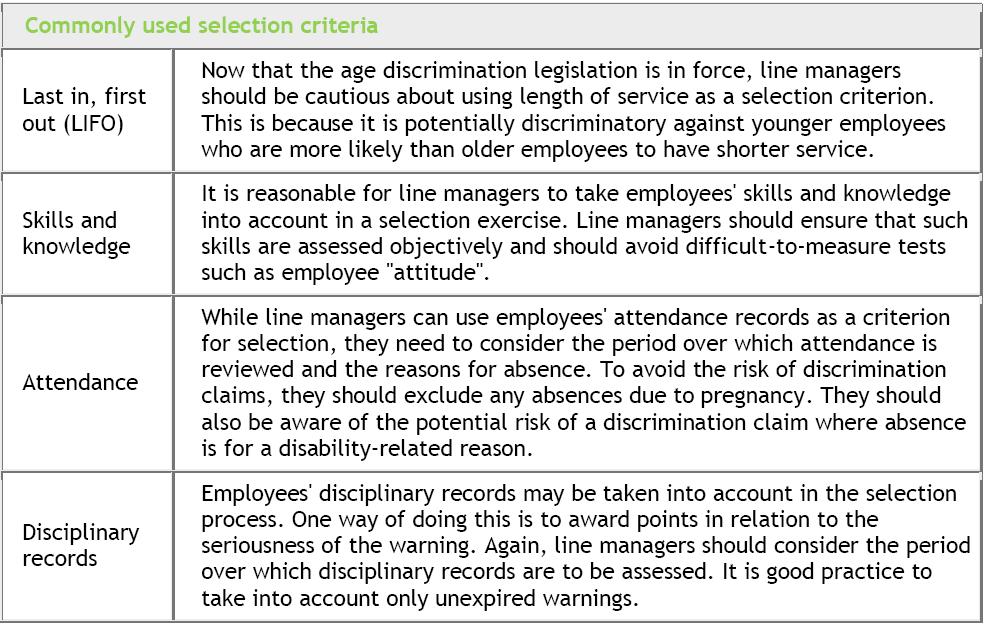Making people redundant is never an easy thing to do. However, sometimes, for the future of your business, you may find yourself facing this situation. How do you deal with it? What are you required to do by law? What’s the best way to look after your staff and make the process easier for them?
All these questions will be answered in this blog, so do read on.
What do we mean by ‘redundancy’? It is a potentially fair reason for dismissing an employee, but should only be caused by the closure of a business, the closure of a particular workplace, or a diminished need for employees to carry out work of a particular kind.
Carrying out a proper selection process is crucial if unfair dismissals are to be avoided. When you’re selecting employees for redundancy, you must ensure that the “pool” for selection is identified correctly and that the selection criteria used are objective and fairly applied. If your company is closing down the whole business or a particular place of work, the issue of the “pool” for selection will not usually arise since all the employees in that place will potentially be redundant. Where this is not the case, you should consider the following selection criteria:
It is good practice for more than one person to be involved in the selection process, to reduce the risk of perceived bias or discrimination. It is sensible to have two people, both of whom know the individual employees concerned, carry out the assessment.
As an employer you are not under a legal obligation to seek volunteers for redundancy, but it is good practice to do so. Enhanced redundancy payments may be used as an incentive for employees to volunteer for redundancy. Early retirement can also be an acceptable alternative to redundancy for both employees and trade unions.
Individual consultation with employees is essential. If you do not carry out such consultation, any subsequent dismissal will almost certainly be unfair. Start with an initial meeting with staff, to announce the likelihood that redundancies will be necessary. You will then need to carry out individual meetings with the employees selected for redundancy. Finally you will need to hold individual meetings at which your employees’ selection for redundancy is confirmed, before writing to those affected.
Making people redundant, for whatever reason, is not easy. There are many pitfalls to be avoided. As it is such a big subject, we have put together a fuller guide on how best to deal with redundancies. You can download it for free from our website by clicking here. If you have any immediate questions concerning your business and redundancies, please click here to email me or call me on 0118 940 3032.

